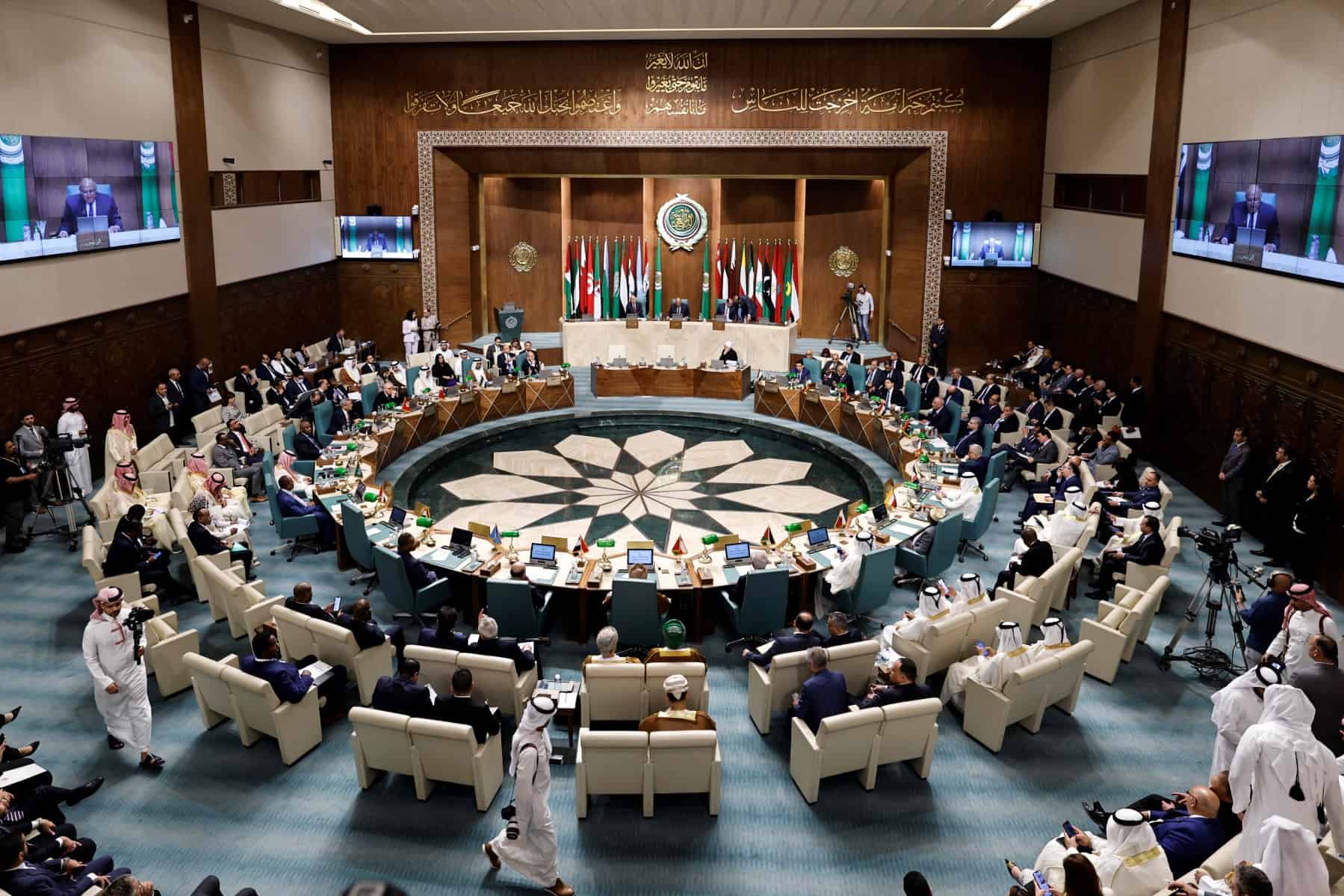BEIRUT, LEBANON – Syria’s opposition urged on Sunday the resumption of moribund United Nations-sponsored talks with the regime of President Bashar al-Assad, who has returned to the Arab fold after years of isolation.
“The international, regional and Syrian conditions provide an appropriate circumstance for the resumption of direct negotiations… under a specific agenda and timetable,” the Syrian Negotiation Commission (SNC) said in a statement.
Negotiations to resolve Syria’s crisis hit an impasse in 2018 over Assad’s role in any political transition and several rounds of subsequent UN-brokered talks aimed at forging a new constitution have failed.
The SNC, which includes representatives from main political opposition alliance the Syrian National Coalition, has been the key opposition delegation during previous rounds of talks in Geneva.
In a statement on Sunday following a two-day meeting in the Swiss city, the SNC called on “brotherly and friendly countries to support the efforts of the UN to take all necessary resolutions to fulfil a comprehensive political solution”.
The statement called for a solution in line with UN Security Council resolution 2254, which set out a roadmap for a political transition.
Syria’s 12-year war broke out after Assad’s curbing of anti-government demonstrations escalated into a deadly conflict that pulled in foreign powers and global jihadists.
The political opposition has lost much of its momentum, and the support it once enjoyed from regional countries has waned.
Last month, regional leaders welcomed Assad back to the Arab League at a summit in Saudi Arabia – his first appearance at the pan-Arab body since Syria was suspended in 2011 over its protest crackdown.
Riyadh, which supported Syrian rebel groups during earlier stages of the war, patched up ties with Damascus in recent months, while major rebel-backer Turkey, which controls stretches of Syria’s north, has also made overtures to Assad.
The conflict has killed more than half a million people and displaced millions.
Recent Arab dialogue on Syria has stressed the importance of an “Arab leadership role” in finding a solution to the crisis.
UN special envoy for Syria, Geir Pedersen, said late last month that “new diplomatic activity in the region could be an opportunity, if seized.”
He noted the need for “constructive Syrian engagement” and for “key regional and international groups and players” to work together, in an address to the UN Security Council.
The SNC warned that “giving the regime approval in returning to the Arab League… carries with it the danger” that the government will “refuse to proceed with the political solution”.







